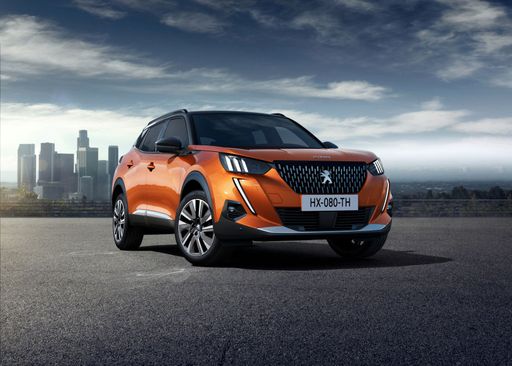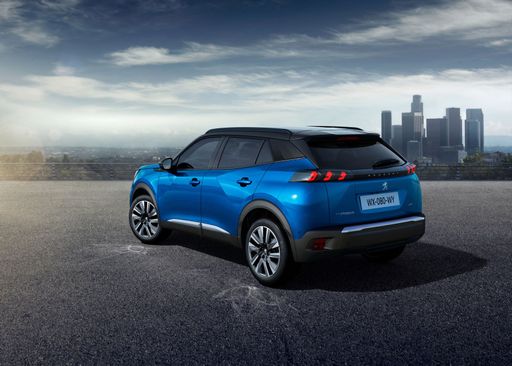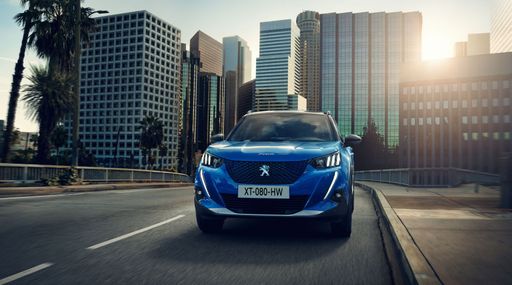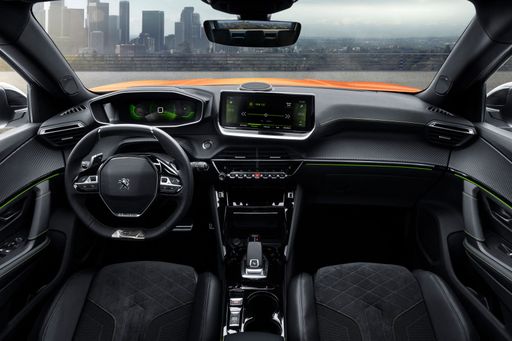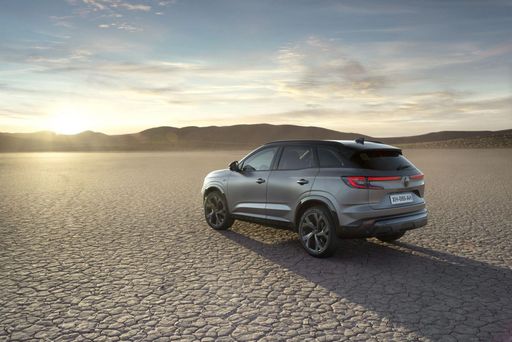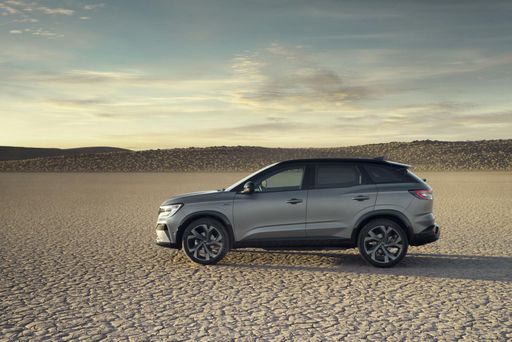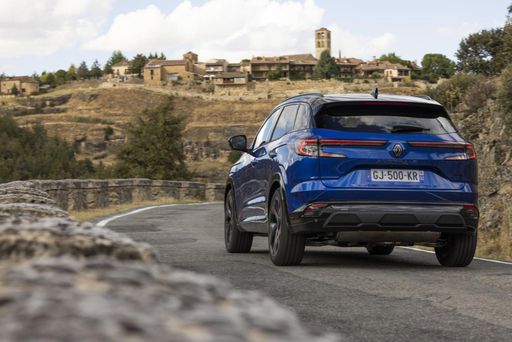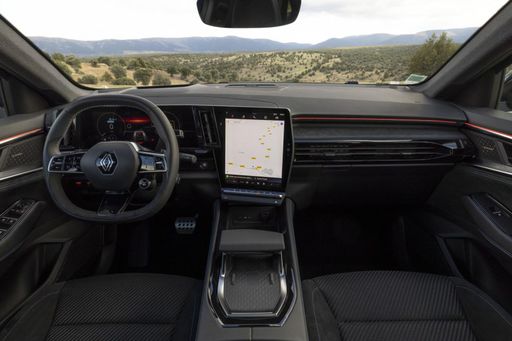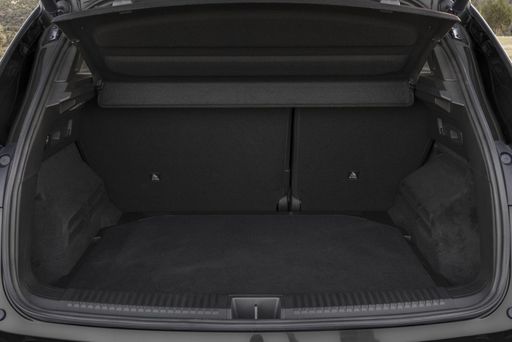The Showdown: Peugeot 2008 vs. Renault Austral
In the ever-competitive SUV segment, two notable contenders are the Peugeot 2008 and the Renault Austral. Each vehicle brings forth a unique set of features, technology, and performance capabilities, making the choice between them a test of personal preference. Today, let's delve into the technical aspects and innovations that set these two SUVs apart.


